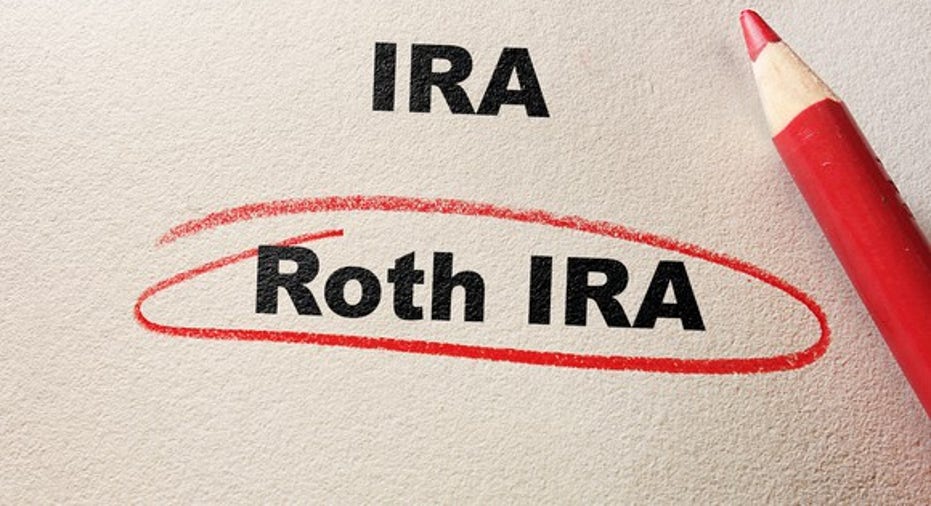How Long Can I Make Contributions to My Roth IRA?

A Roth IRA lets you accumulate retirement savings on a tax-free basis, making it one of the most useful tools available to save for retirement. One of the benefits of Roth IRAs is that they give you unparalleled flexibility in making contributions. Not only do you get additional time at the end of each tax year to make annual contributions, but you can take advantage of Roth IRAs longer into your career than traditional IRAs allow. With no set age at which you can no longer add to your Roth IRA, some workers take the opportunity to keep making contributions year in and year out until their deaths.
How long do I have to make annual Roth IRA contributions?
Investors who are under age 50 are typically allowed to contribute up to $5,500 to a Roth IRA, while those 50 or older get an additional $1,000 catch-up contribution that brings the total to $6,500. Contributions are tied to a particular tax year, so when the new tax year begins, you can make an additional annual contribution.
Image source: Getty Images.
However, you can make Roth IRA contributions for a given tax year even after that year has ended. The tax laws give you until the tax filing deadline for the tax year in question to make a Roth IRA contribution. That effectively gives you more than 15 months in which to make a Roth contribution for a given year, with the window on 2016 tax year contributions closing on April 18, 2017.
Once that deadline passes, you can no longer make contributions for the previous tax year. That's true even if you file for an extension to prepare your tax return. The original mid-April date is always the final deadline for Roth contributions.
Is there an age when I can't contribute to a Roth IRA anymore?
In order to make a Roth IRA contribution, you have to have earned income from a job or business. That imposes a practical limit on the ability of most people to make contributions, because if you truly retire and stop working, you'll no longer have earned income against which to contribute to a Roth IRA.
However, with more people working longer into retirement, the Roth IRA's greater flexibility comes into play for many older Americans. Traditional IRAs don't let you make contributions after you reach age 70 1/2, regardless of whether you're still working. However, Roth IRAs have no such age limit. If you have the earned income to qualify, you can keep making Roth contributions as long as you want.
Moreover, another key advantage that Roth IRAs have over their traditional IRA counterparts is that Roths let you keep your money inside your retirement account throughout your lifetime. There's no requirement to take mandatory withdrawals from the account at any age. That stands in stark contrast to traditional IRAs, which have rules that impose required minimum distributions beginning at age 70 1/2. The advantageous Roth IRA provisions are especially useful for retirement savers who have accumulated extensive nest eggs, because they can then pick and choose the timeliest opportunities to take withdrawals from their various retirement accounts. The longer you keep money inside your Roth, the longer you'll enjoy tax-free growth and income.
Roth IRAs give investors extremely useful tax benefits that can dramatically boost the size of their retirement nest egg. By taking advantage of the unique attributes of Roth IRAs, you can put yourself and your family in the best possible situation to be financially secure in your golden years.
The $16,122 Social Security bonus most retirees completely overlook If you're like most Americans, you're a few years (or more) behind on your retirement savings. But a handful of little-known "Social Security secrets" could help ensure a boost in your retirement income. For example: one easy trick could pay you as much as $16,122 more... each year! Once you learn how to maximize your Social Security benefits, we think you could retire confidently with the peace of mind we're all after.Simply click here to discover how to learn more about these strategies.
The Motley Fool has a disclosure policy.



















